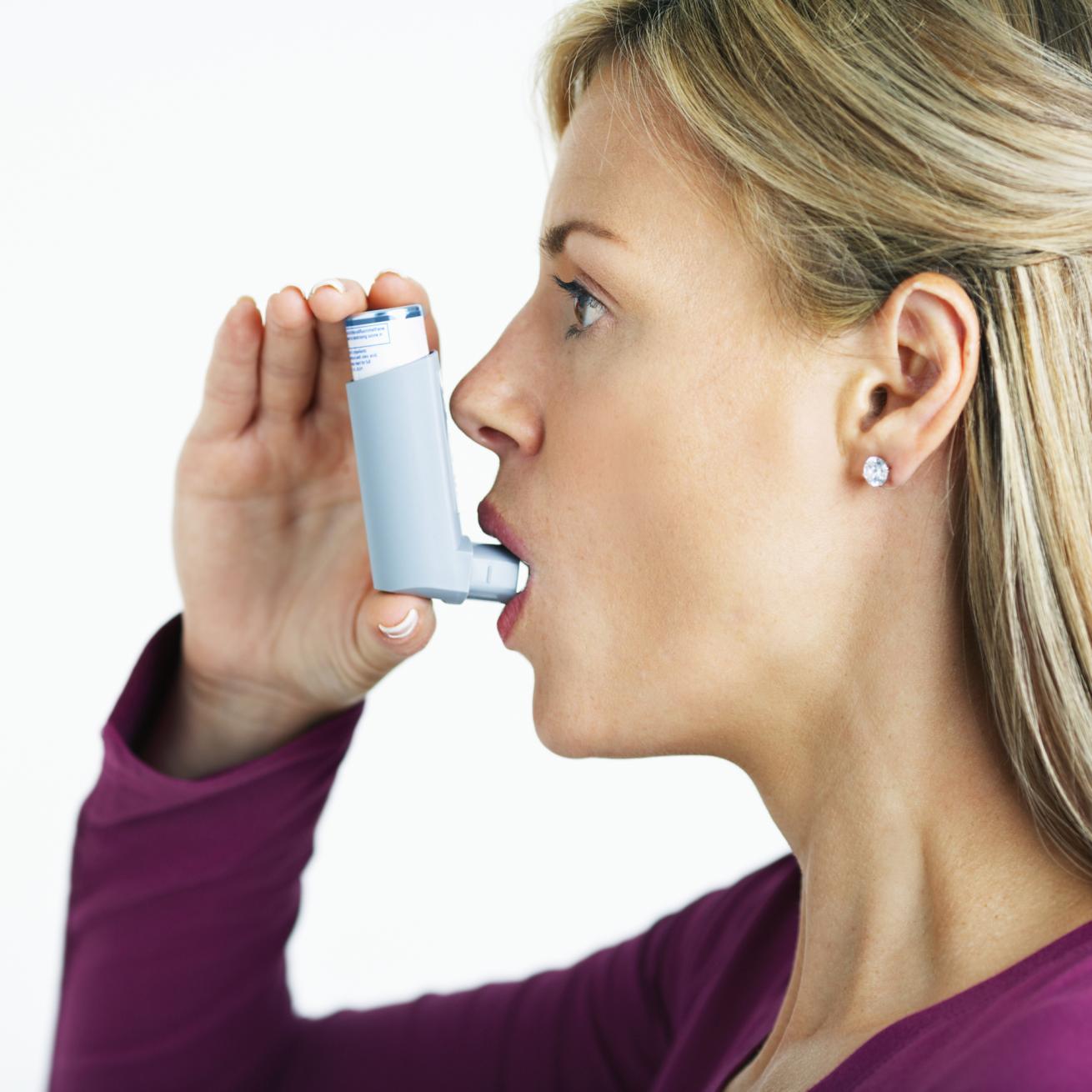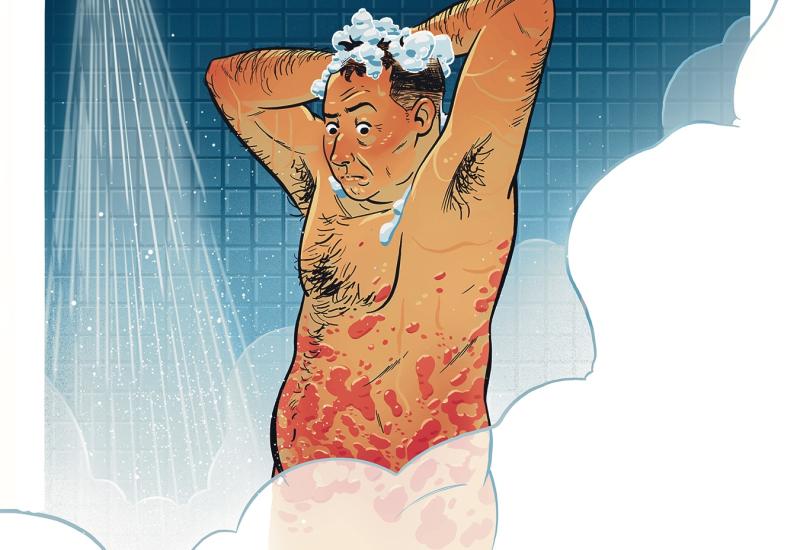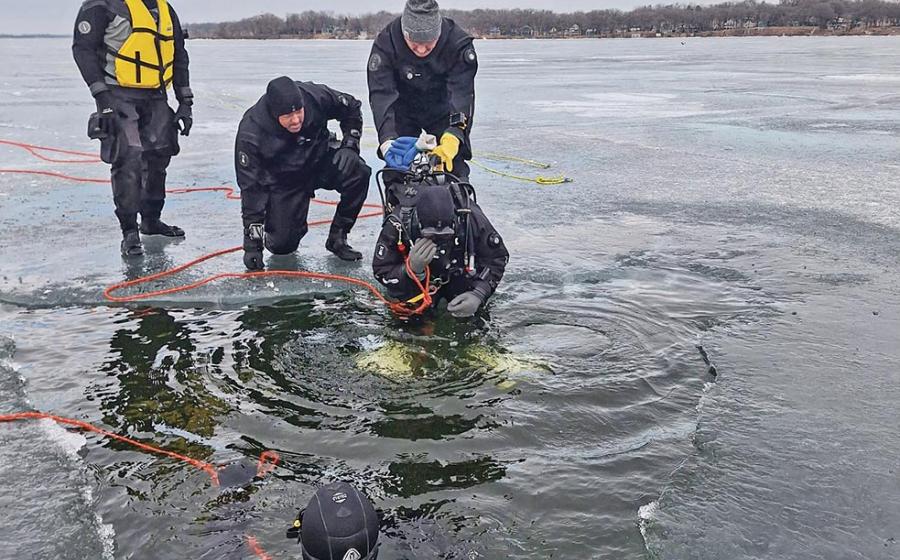Health Tip: Diving With Asthma

Diving with Asthma
Back in the day, asthma was a deal breaker. If you mentioned asthma to a dive doctor, you'd likely hear a firm "No, you can't dive." The hesitancy is understandable. The disease affects those all-important diving organs, the airways, making them inflamed and susceptible to irritation. At its worst, asthma attacks tighten the muscles around your airway and constrict airflow to the point where you can barely breathe. Therein lies the risk. A number of factors inherent to diving can trigger an attack, including exercise and breathing cold and/or dry air. That’s bad enough on dry land. Underwater, where breathing resistance is already increased, this can spell disaster. An attack 30 meters down can easily escalate to panic and drowning. In the past, doctors also theorized that this narrowing of the airways could also trap breathing gas in the lungs, which could expand before it could be exhaled during ascents, causing lung-expansion injuries. However, data presented during a 1995 international asthma symposium sponsored by UHMS showed no increased risk for lung injuries among asthmatic divers.
**Breathe Easy
** So can you dive with asthma today? Maybe. Medications to control the disease have improved as have doctor’s understanding of the condition. Generally speaking anyone with severe asthma — meaning they have daily, chronic symptoms — should not dive. If your asthma is mild, intermittent and controllable, you may get clearance if you can show that your lungs are functioning normally and that you can manage your asthma with medication to the point that exercise and typical asthma triggers don't cause an incident.
DAN estimates about 4 to 5 percent of the diving population has asthma. To see if you qualify, take an airway challenge — a test where you exercise at increasing intensity on a treadmill, while a doctor measures your airflow to ensure you're stable even during vigorous exertion. You'll also need to show stability when exposed to triggers like cold, dry air, which is what you breathe from a scuba tank.
Talk to your doctor about dive-friendly medications. Aminophylline, an older oral medication that opens air passages in the lungs, not only dilates the smooth muscles of the airways but also the arteries in the lungs, which decreases your lungs' ability to filter bubbles and increases your risk for DCS. Newer medicines, bronchodilators like Albuterol for example, can relax the airways for four to six hours and haven't been found to dilate the arteries in the lungs. There are also oral medications that block the immune system chemicals that trigger asthma symptoms.










